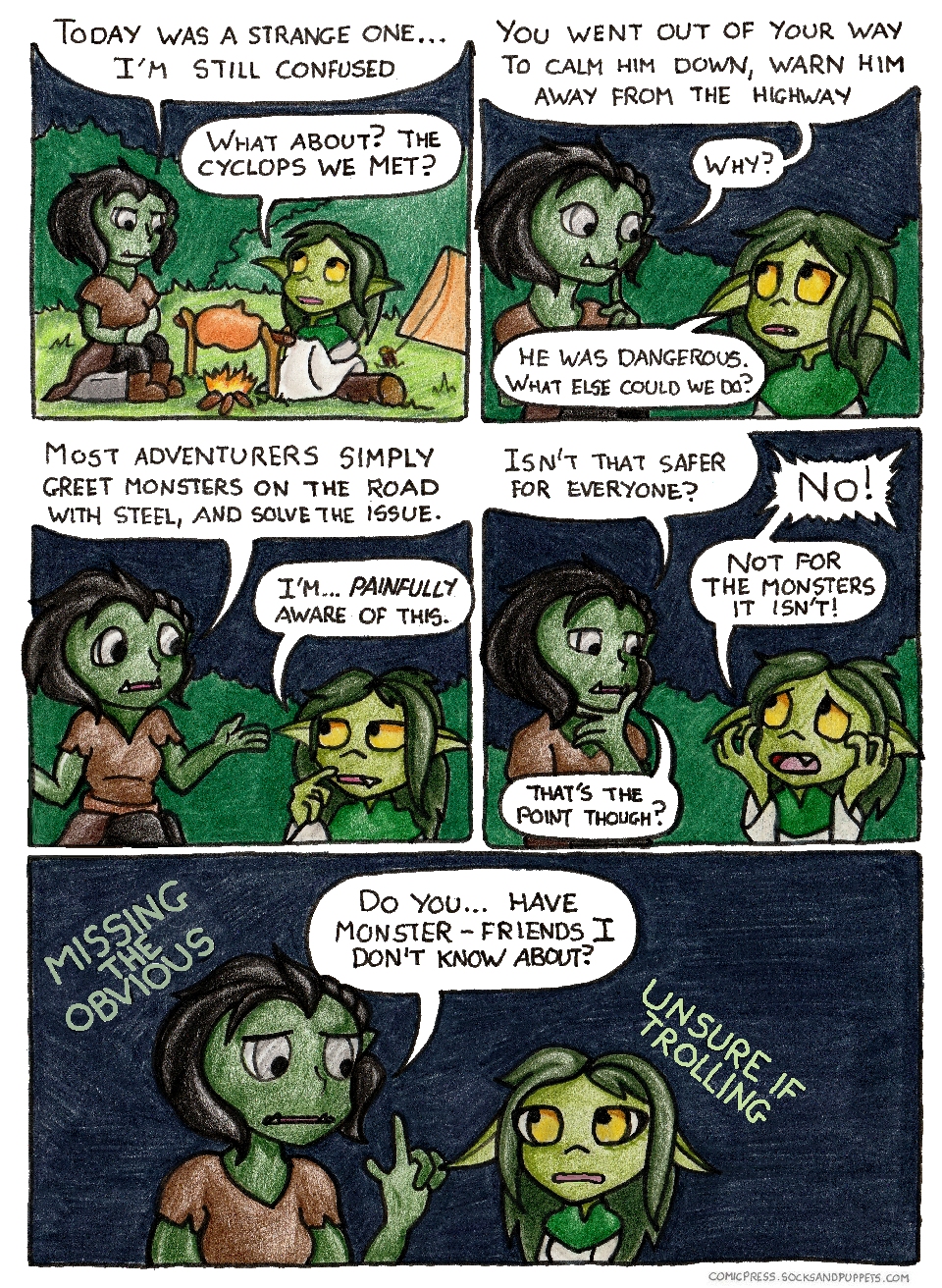this post was submitted on 30 Aug 2023
341 points (94.8% liked)
RPGMemes
10304 readers
250 users here now
Humor, jokes, memes about TTRPGs
founded 1 year ago
MODERATORS
you are viewing a single comment's thread
view the rest of the comments
view the rest of the comments

Honestly, the debris isn't that oppressive to deal with. A lot of it isn't on the scanner glass, it's on the paper itself (smudges from my hands, lines that didn't erase fully, chunks of pencil wax that I didn't find and brush off the paper before scanning it) - so they'd appear on other capture systems. I clean the scanner regularly, it's just surprisingly hard to clean it 100%.
Given I normally need to touch up a bunch of stuff anyway (clean up text, make the white parts pure white, tweak some wonky lines, make pupils pure black) the debris isn't much of an issue, I just clean it out as I go, it's just always something I need to check for in the scan, so I'm always doing some editing when I convert my analogue media to digital for web. I think the results can look really good though.
I'm not hugely familiar with document scanners (and they've come along a long way in recent years) but in my previous experience with camera-based systems, you don't tend to get great colour accuracy from them unless you have a very expensive system. They'd also mean setting up an extra device in my cramped living space. I do have a cheap "document scanning camera" that livestreams video, and it's really nice, but the colours are always a little washed out.
Cameras have all sorts of other issues, alignment is the big one, getting your camera to be not-tilted is pretty rough, and a high quality camera for capture can be pretty expensive. The colour replication in my (modern flagship most expensive) mobile phone is surprisingly bad, and it's not possible to turn off image processing without jailbreaking the device.
On the other hand, a cheap flatbed scanner can be part of a printer combo, and it can scan with really good colour replication, It also lets me scan at 1600 DPI - which makes a HUGE high quality image. This is great for editing, you shrink it as the final step.
Thanks for the detailed response! I never worked with „fresh“ art that tends to leaves junk so this got me curious. Good book scanners do exist and I use them for reproducing historical prints from time to time, but I must admit that the one I‘m using (owned by the university) is most-likely from the upper end of the price scale.
I prefer the book scanner because it doesn’t shine through the paper that is often printed on both sides in my use-cases.
Ah yes. That's not a problem for me, because I draw on bristol board (it's 250gsm) - and I only use one side. This is a little costly (bristol board is NOT cheap, and I use a lot of it) - but the drawing surface is so superior, and it's what gives my pencil the "texture" it has.
You apologize about as much as Konsi.
It's fine, we love you.
The trick I think is finding a good solvent for your media.
Coloured pencil would be mostly waxes and oils.
My go-to is usually a high % isopropyl alcohol, it cleans up pretty well, dries fast (you don't want leftover solvent touching your next scan). Next up, if it's really persistent would be odorless mineral spirits. (Odorful?) mineral spirits work too I guess, but given the choice I much pretty prefer the odorless stuff.
I very much prefer kimwipes over paper towels which usually are a bit too scratchy and can leave some fluff behind. Microfiber cloths are reusable, but once you load the fibers with waxes, it doesn't really work as well.
Do check that your scanner top is glass and not cheap plastic before using mineral spirits.
As with anything, try it out in an inconspicuous spot first to be sure.
Otherwise, isn't Scan without trace is a third level spell available to trickery domain clerics?
Isopropyl alcohol would be a pretty good move I think.